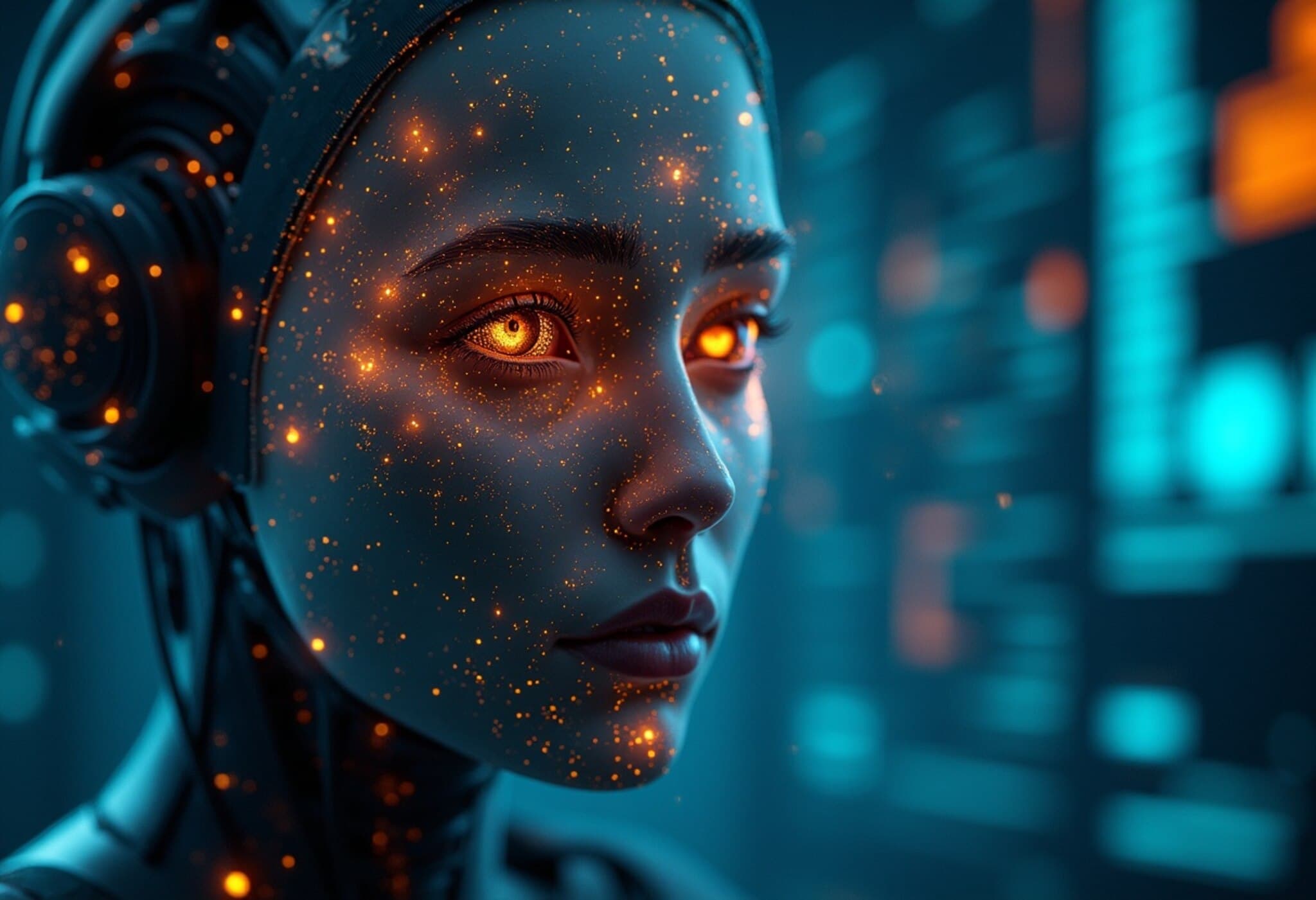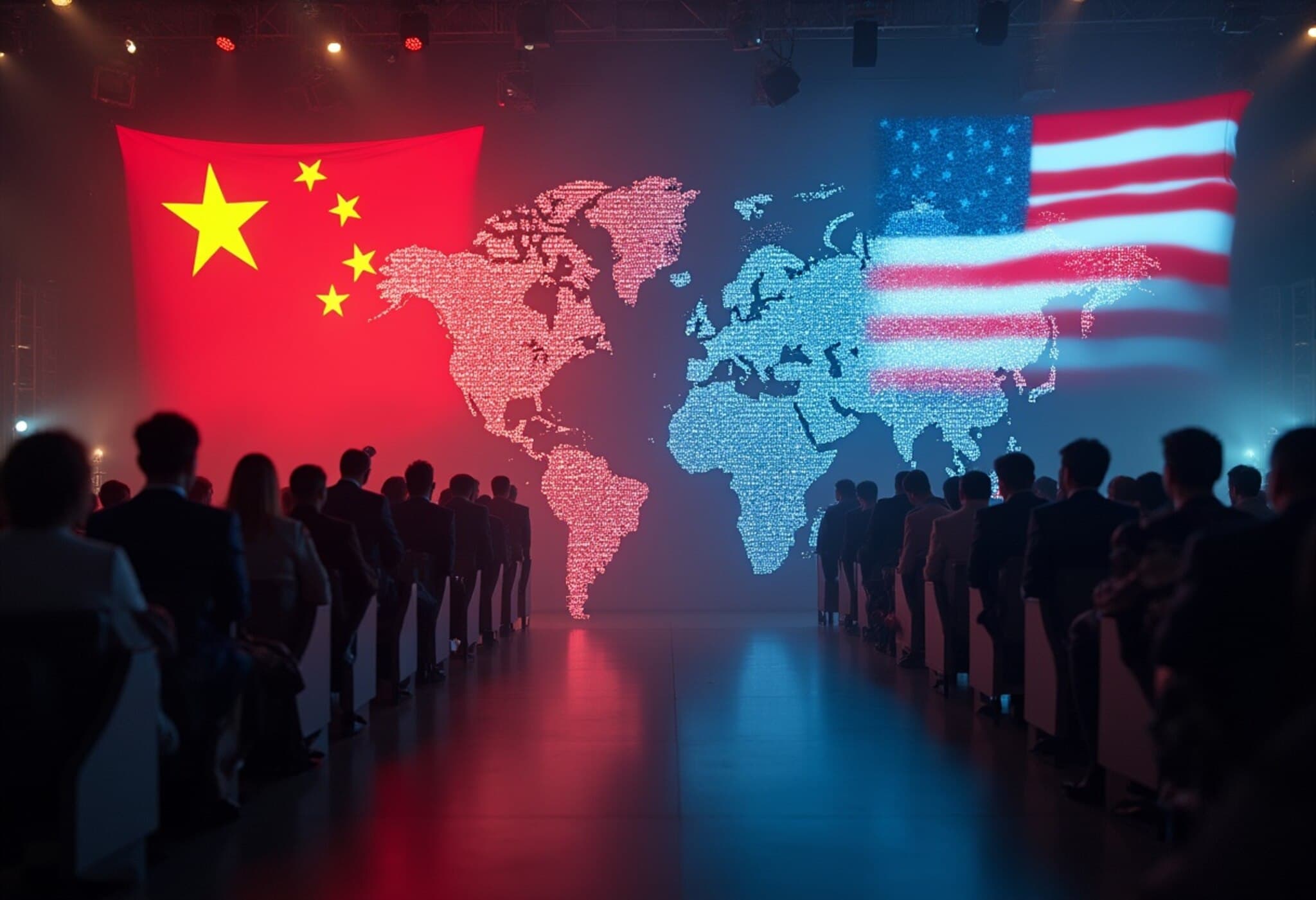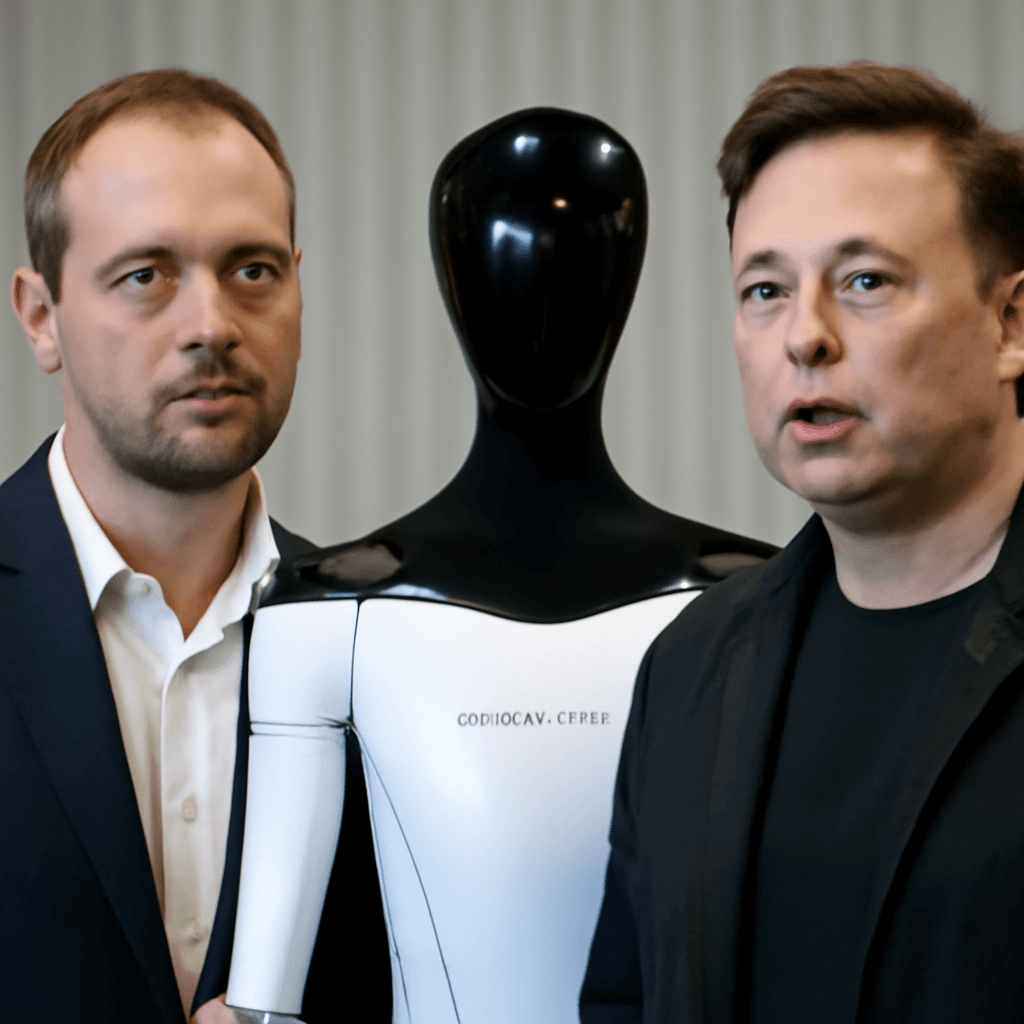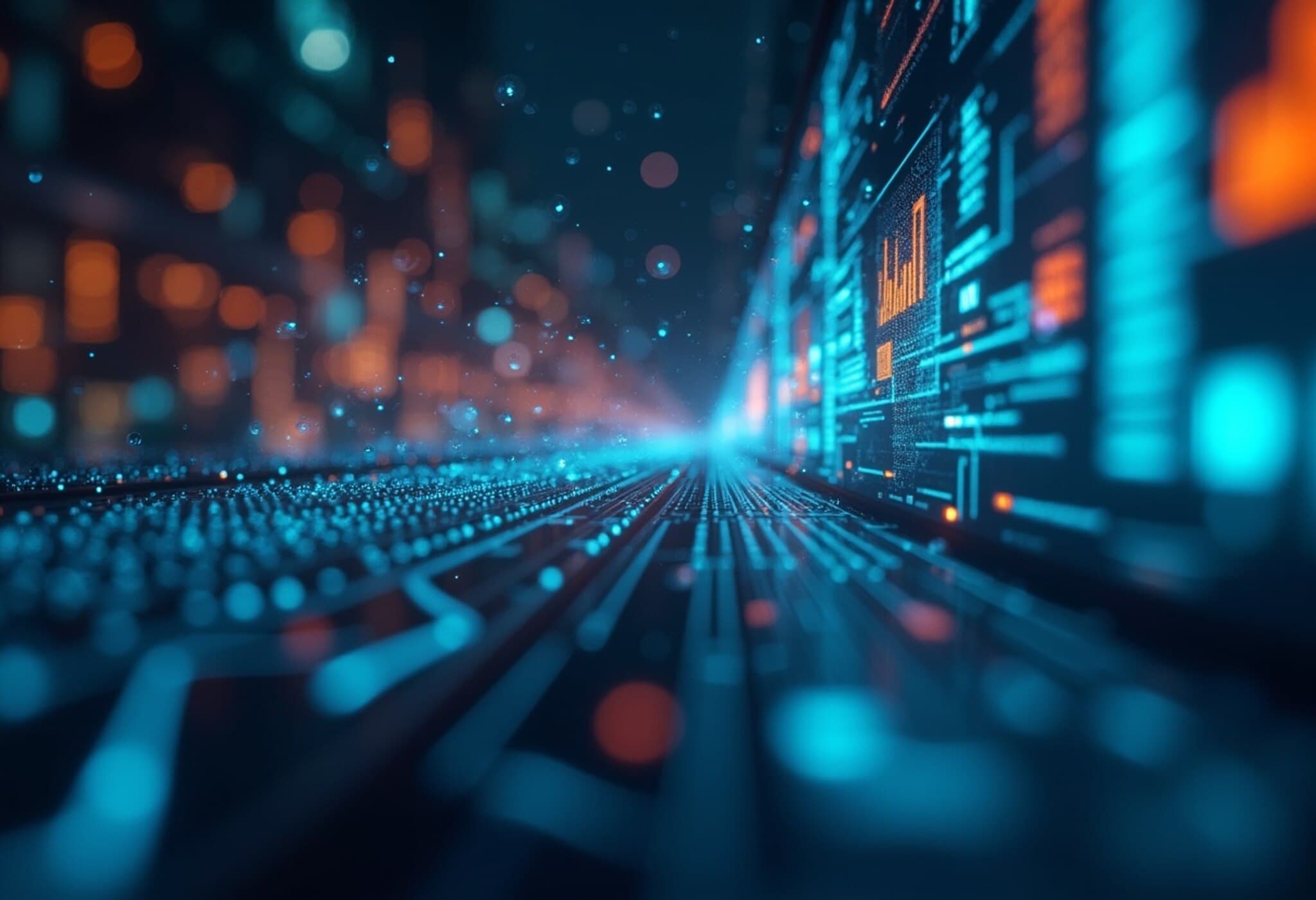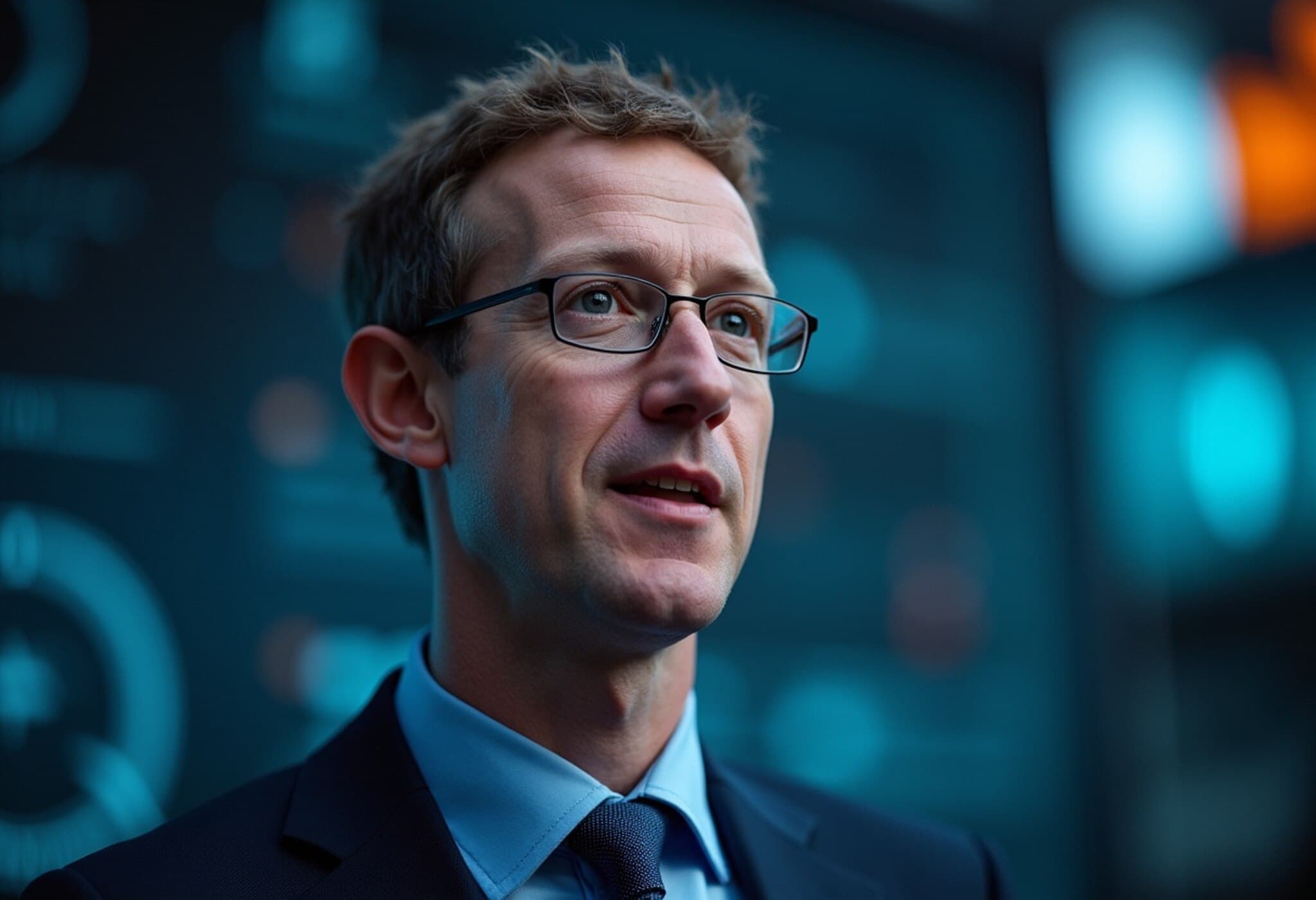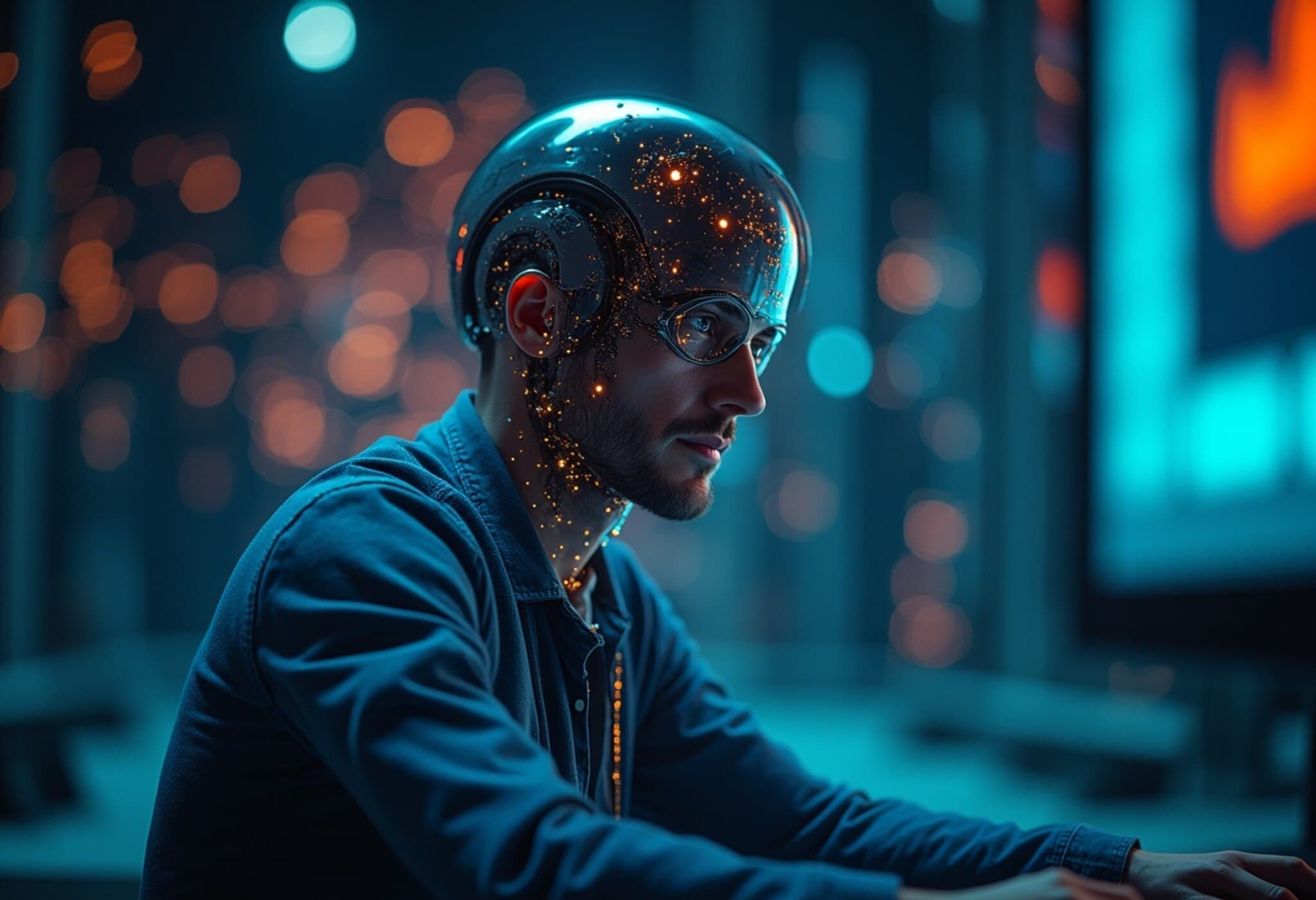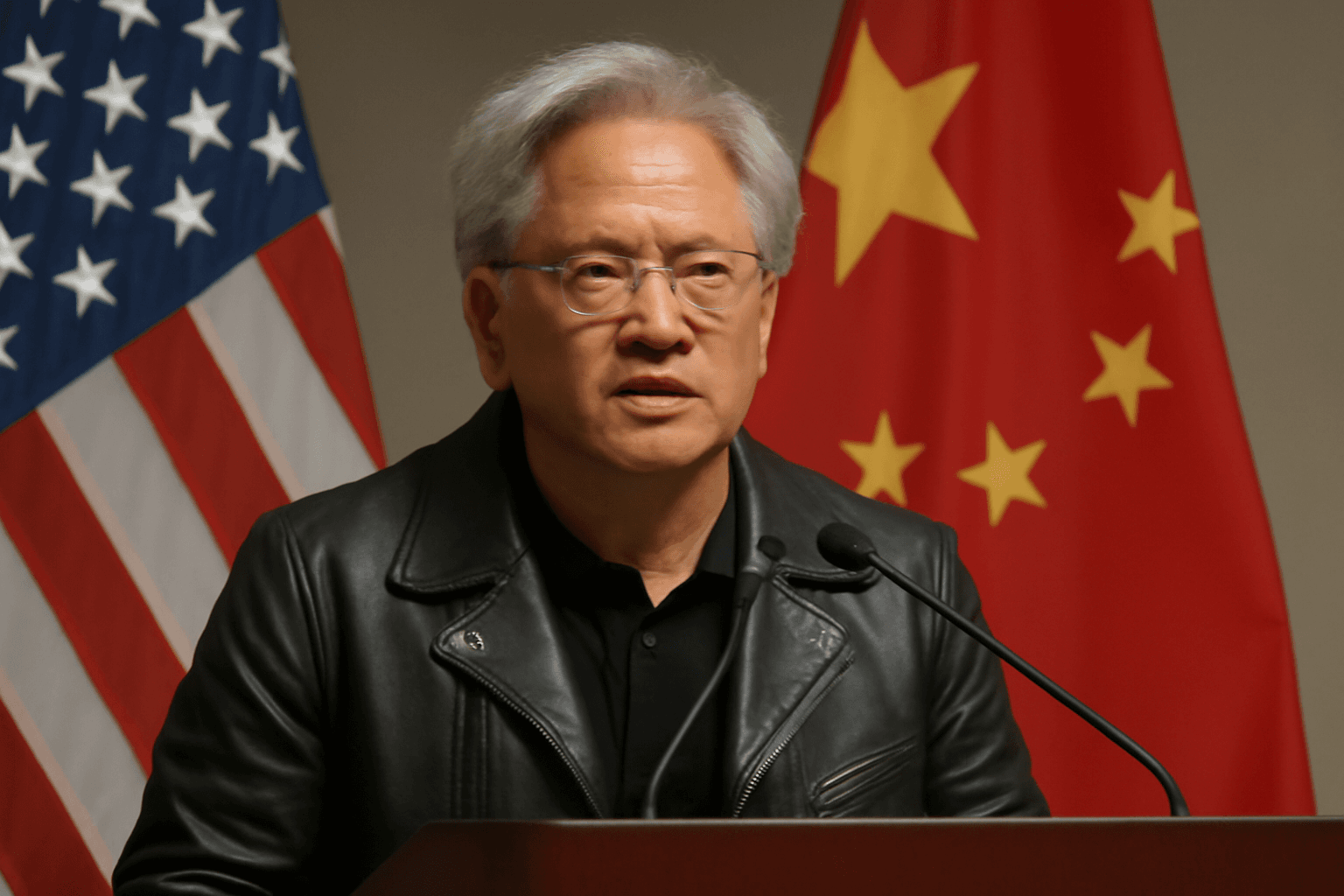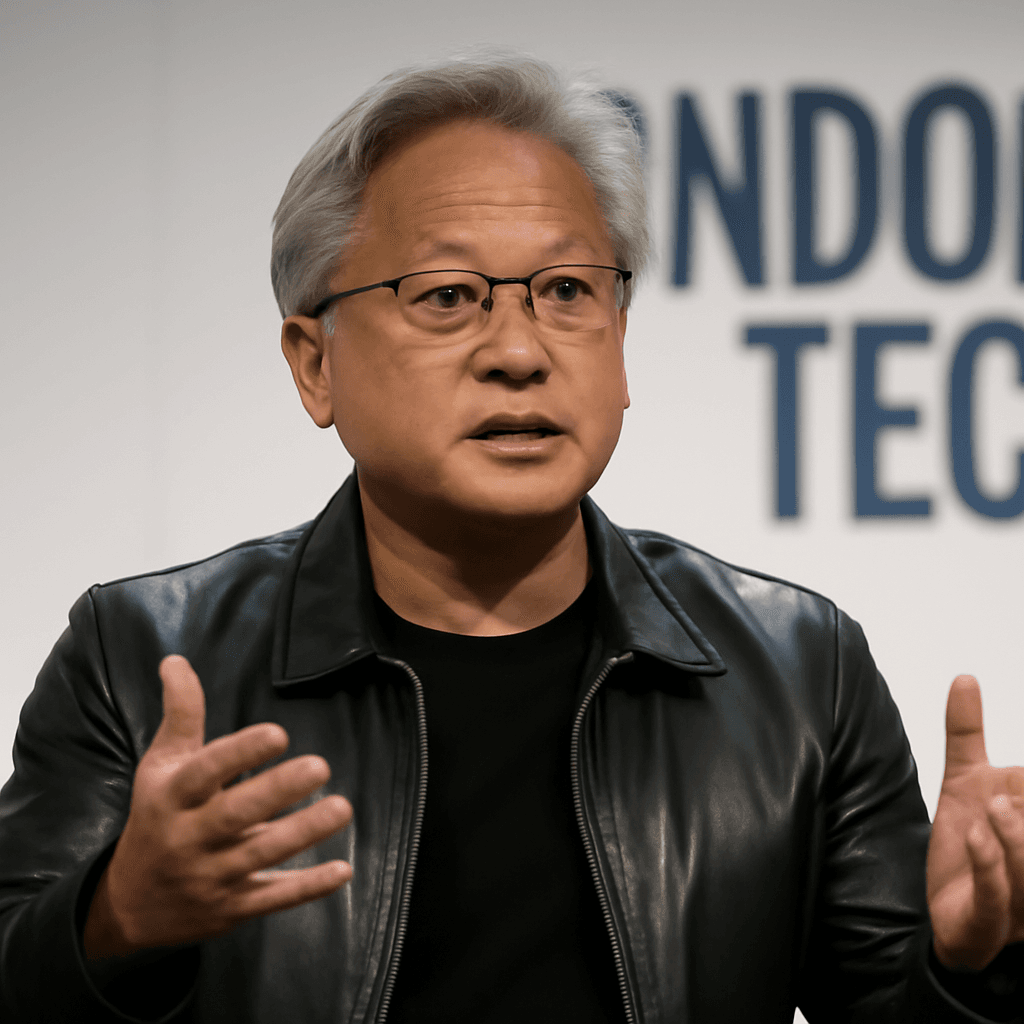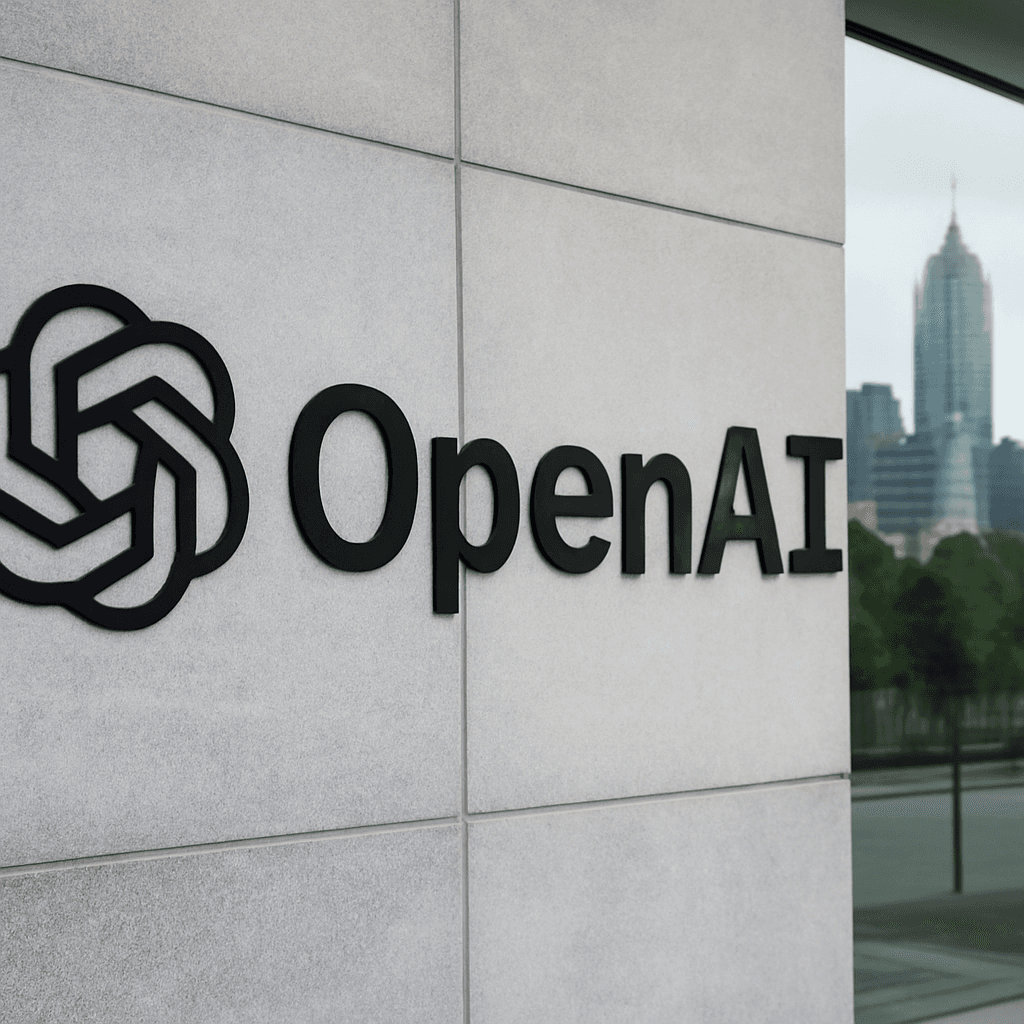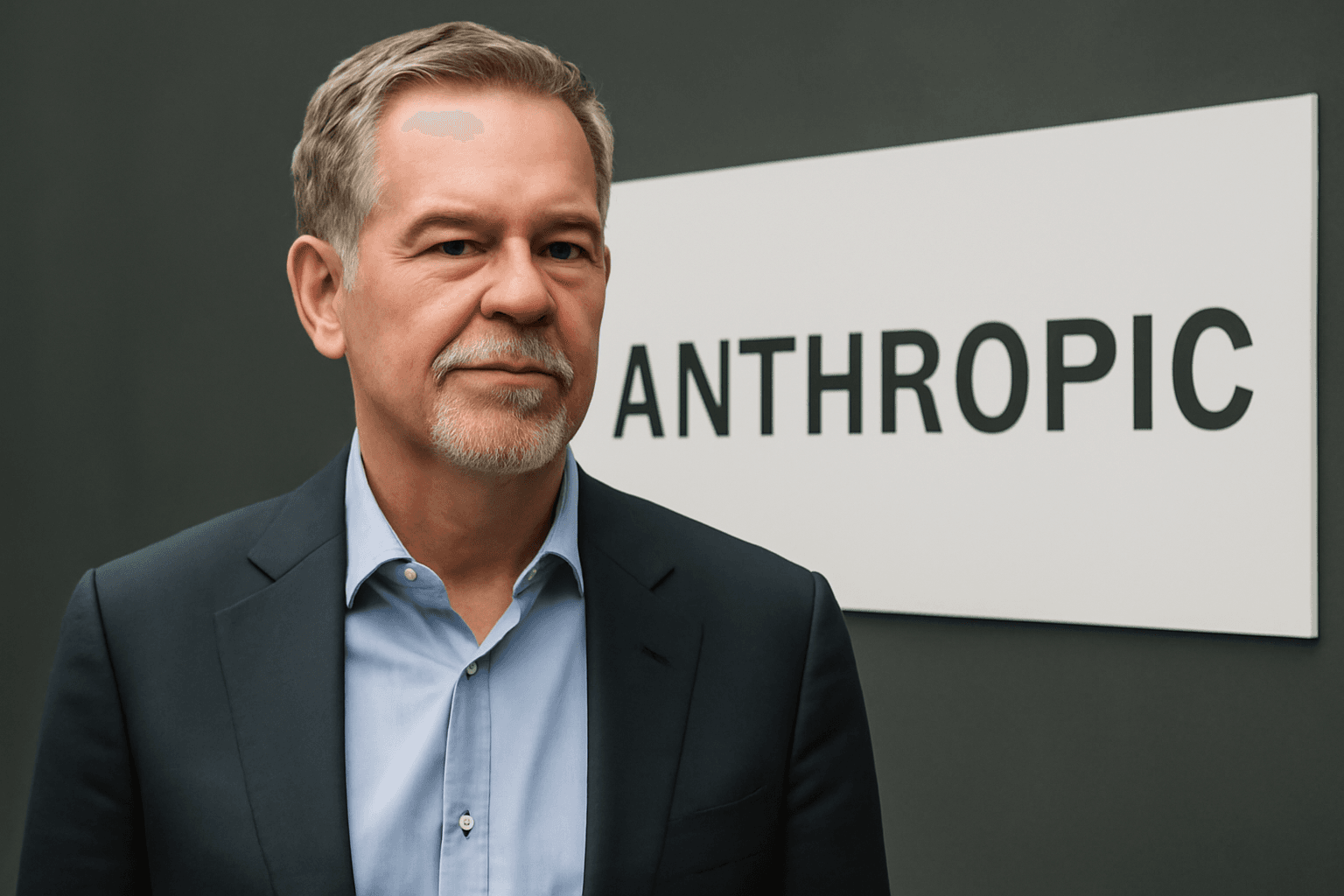Facing the Wild West of AI: A Call for Safer Technologies
In today’s rapidly evolving AI landscape, innovation races ahead with little regard for safety. The intense competition among tech companies to build the fastest, most dazzling AI systems has resulted in a “wild west” environment where cutting corners has become common. This sprint for supremacy, while exciting, has raised serious concerns about the potential misuse and hazards of artificial intelligence.
AI’s Dark Side: FBI Links AI to Dangerous Attacks
Recent revelations have intensified these worries. Authorities investigating a bombing incident at a California fertility clinic discovered that the attacker allegedly used AI-generated instructions for bomb-making. Though the specific AI tool involved remains undisclosed, this case starkly highlights how the very technologies designed to assist and entertain can also facilitate harm.
Yoshua Bengio’s Bold Vision: Introducing ‘Scientist AI’
Amid these alarming developments, renowned AI researcher Yoshua Bengio—celebrated as one of the field’s founding voices—has unveiled a groundbreaking approach aimed at boosting AI safety. His nonprofit initiative is developing “Scientist AI,” a new generation of AI designed with honesty, transparency, and safety embedded at its core.
What Sets Scientist AI Apart?
- Self-awareness: Scientist AI can evaluate and openly communicate its confidence levels in the answers it provides, reducing the risk of presenting incorrect information as fact.
- Explainability: Unlike many existing AI systems which operate as ‘black boxes,’ this model is engineered to clearly explain its reasoning processes, allowing users to understand and verify its conclusions.
- Safety-first mindset: It’s designed to act as a watchdog, capable of monitoring and countering unsafe or malicious AI activities, essentially using AI to police AI.
Unlike many fast-paced AI projects that prioritize speed over transparency, Bengio is championing a thoughtful, principled approach, recognizing that human oversight is no longer adequate when AI handles billions of queries daily.
Building a ‘World Model’ for Greater Understanding
Another core advancement within Scientist AI is the integration of what Bengio calls a “world model.” This component enables the AI to grasp the environment and context in a manner akin to human understanding, which current AI models largely lack.
For instance, while many AI systems can generate images resembling human hands, they often fail to replicate natural hand movements because they do not comprehend the underlying physics and dynamics—elements encompassed within a comprehensive world model. Similarly, without this framework, AI struggles to navigate real-world complexities effectively.
Challenges Ahead but a Promising Path Forward
Though Scientist AI signals an ambitious stride toward safer artificial intelligence, the road will undoubtedly be challenging. Bengio’s nonprofit operates on a relatively modest scale compared to government-led initiatives aimed at accelerating AI development. Moreover, developing a powerful AI requires massive data and resources, raising questions about accessibility and influence.
Crucially, even if Scientist AI succeeds in its design goals, how it will practically control or mitigate the impact of harmful AI systems remains an open question.
Why This Matters: A Safer AI Future for All
If successful, Scientist AI could inspire a paradigm shift—pressing researchers, developers, and policymakers to prioritize safety and accountability in AI’s evolution. Reflecting on past technological leaps such as social media’s rise, it’s clear that early safety measures are vital to protecting vulnerable populations and curbing misuse.
This new AI model’s potential to proactively block harmful content or actions before they occur could mark a significant milestone in ensuring AI serves humanity’s best interests.

